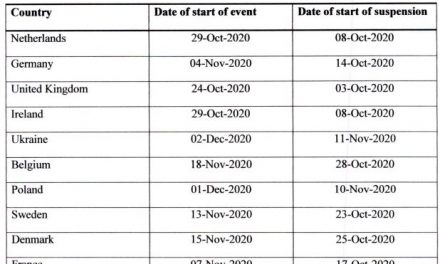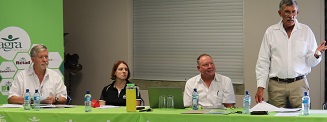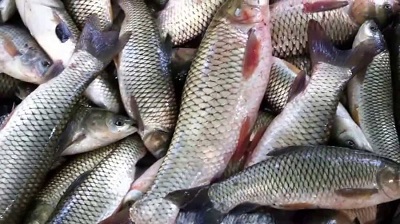
NCA farmers to join market
Meatco announced last week that some 2400 small communal farmers in the Northern Communal Areas will get assistance through the Meatco Foundation to improve their livestock so that they can gain access to conventional red meat marketing channels
The Meatco Foundation is the corporate social investment arm of the meat utility company that promotes and supports the improvement of socio-economic conditions of rural livestock farmers.
The Ministry of Agriculture Water and Forestry, the Ministry of Lands and Resettlement, Agricultural Unions and other partners work with Meatco to ensure the foundation works to implement a coordinated programme of support to the livestock sector.
With its latest undertaking the Meatco Foundation has joined forces with the network organisation Solidaridad and Danish Coop as donors, and the IRDNC to implement and manage the project.
The foundation said “an estimated 61% of the Northern Communial Areas is communal land which falls under the leadership of Traditional Authorities and is occupied by subsistence farmers. As its rangelands degrade, the already impoverished residents are becoming increasingly vulnerable to drought and climate change. Active interventions are needed to shift towards more resilient land and natural resource use. However, commercialising cattle for slaughter and treating the pasture as a managed resource, requires a shift in traditional tribal practices and mind-set.”
The project is helping 2400 smallholder communal farmers to manage their livestock sustainably while making the animals commercially viable. Herds are generally found in poor condition, are under-commercialised are used as status symbols, as financial insurance and a source of food. Since farmers face difficulties in gaining access to markets, market-oriented production is hindered. Market participation has shown to change the asset and insurance function of the animals.
Through the project, the foundation has the opportunity to improve cattle genetics, overall animal condition and reproductive health.
This is important since the potential exists to commercialise bigger volumes of improved animals for slaughter. At the same time communal pasture can be repaired, sustained and reclaimed through movable corrals, herding techniques and selective grazing. The improvement of cattle genetics will also lead to better volumes and quality of beef from the cattle, generating higher prices for the farmer. This is anticipated to improve the livelihood of farmers.
The project will reach out to around 800 farmers each year, encouraging each of them to produce four or five extra cattle for slaughter. The total amount of additional cattle procured will be about 4000 a year, amounting to roughly N$12 million derived from cattle sales. So, three years down the line, the total benefit will amount to more or less N$36 million in additional revenue that has flowed into the area.
“We expect that the increased income will give farmers a disposable income, with this money being used to reduce food insecurity and to send children to school. In this way we hope to contribute towards a reduction in poverty,” Meatco said when it gave an update on progress.
The project will cost approximately N$ 7 million and already started in May 2013.











































